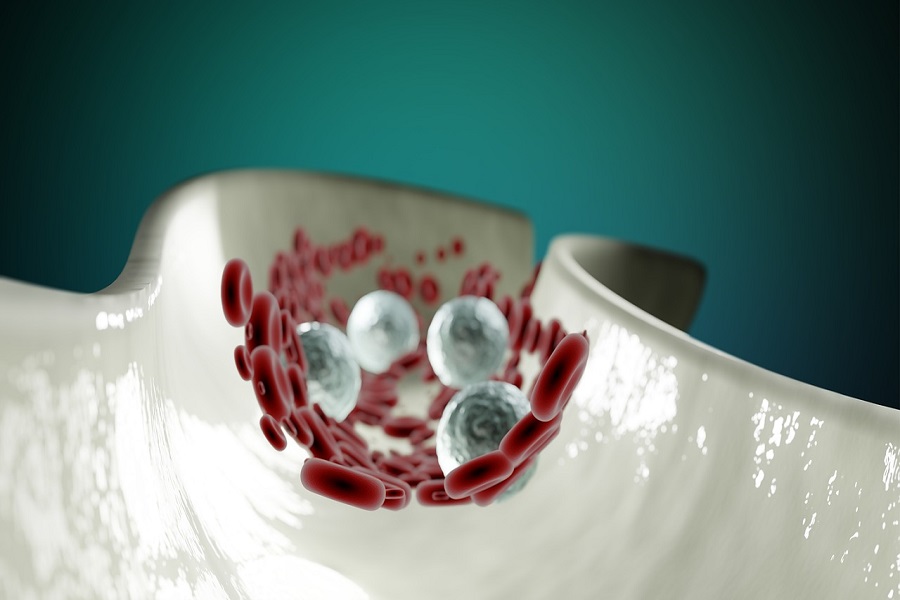Cholesterol is an Essential Molecule in Our Bodies
Cholesterol is not bad for us and here’s why! Cholesterol often carries a negative connotation, with many associating it solely with heart disease and unhealthy lifestyle choices. However, it’s essential to understand that cholesterol is a crucial molecule in the human body, playing vital roles in various physiological processes. Moreover, not all cholesterol is created equal, as there are distinct differences between low-density lipoprotein (LDL) and high-density lipoprotein (HDL) cholesterol.
Firstly, cholesterol serves as a structural component of cell membranes, contributing to their stability and fluidity. It is particularly abundant in the brain, where it aids in the formation and function of synapses, essential for neurotransmission. Additionally, cholesterol is a precursor for the synthesis of several hormones, including steroid hormones like oestrogen, testosterone, and cortisol. These hormones play key roles in various physiological functions, such as reproduction, metabolism, and stress response.
While cholesterol is crucial for our health, maintaining a balance is essential. Excess cholesterol, particularly the low-density lipoprotein (LDL) cholesterol, can lead to the formation of plaques in the arteries, contributing to atherosclerosis – a major risk factor for cardiovascular diseases. On the other hand, high-density lipoprotein (HDL) cholesterol is often referred to as “good cholesterol” because it helps remove excess cholesterol from the bloodstream, transporting it to the liver for elimination.
Low-density lipoprotein (LDL) cholesterol is often dubbed as the “bad cholesterol” due to its association with plaque build-up in the arteries. LDL cholesterol carries cholesterol from the liver to the cells, but when there’s an excess, it can accumulate in the arterial walls, forming plaques that narrow the arteries and hinder blood flow. This process increases the risk of heart attacks and strokes, making it crucial to manage LDL cholesterol levels.
Contrastingly, high-density lipoprotein (HDL) cholesterol is considered the “good cholesterol” as it plays a protective role. HDL carries cholesterol away from the cells and back to the liver, where it can be either excreted or recycled. By doing so, HDL helps prevent the build-up of plaques in the arteries, reducing the risk of cardiovascular diseases.
Monitoring cholesterol levels is imperative for maintaining cardiovascular health. High levels of LDL cholesterol and low levels of HDL cholesterol are often associated with an increased risk of heart diseases. Lifestyle factors, such as diet and physical activity, significantly influence cholesterol levels. A diet high in saturated AND trans fats can elevate LDL cholesterol, while regular exercise can boost HDL cholesterol. But be aware that saturated fats without the trans-fats are not a major concern, after all, we have been eating saturated fats for many thousands of years.
Medical professionals often recommend cholesterol-lowering medications, such as statins, for individuals with persistently high cholesterol levels. These drugs work by inhibiting the production of cholesterol in the liver, effectively reducing LDL cholesterol levels and decreasing the risk of cardiovascular events. However, a recent scientific study highlighted that low ‘cholesterol’ created more of a risk of death than high cholesterol (where there has NEVER been a scientific study to demonstrate that high cholesterol causes strokes and heat attacks) and that statins lower ALL cholesterol levels – go figure!
Cholesterol is not bad for us, as it plays a vital role in the human body, serving essential functions in cell structure and hormone synthesis. However, maintaining a balance is crucial, as excessive levels of LDL cholesterol can lead to cardiovascular diseases. Understanding the distinctions between LDL and HDL cholesterol underscores the importance of managing cholesterol levels for overall health. By adopting a healthy lifestyle and, when necessary, medication, individuals can take proactive steps in safeguarding their cardiovascular well-being. I strongly urge you to do your own research and follow the evidence – starting with the short video below:
In this short video, Dr Berg talks about the differences between LDL and HDL cholesterol.



